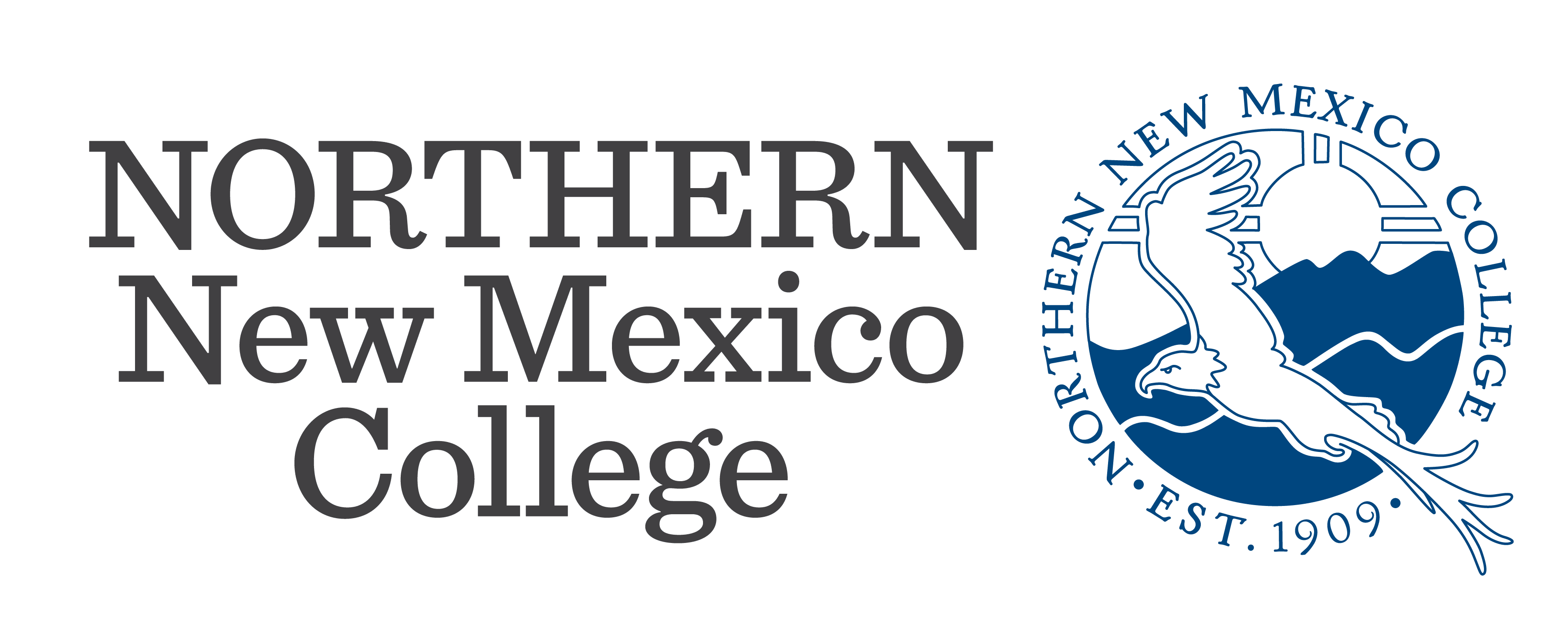The Associate of Applied Science in Nursing Program is designed to prepare individuals for a dynamic and rewarding career in nursing. This comprehensive program integrates theoretical knowledge with hands-on clinical experiences, equipping students with the skills and competencies required for entry-level nursing practice. The ADN Program provides a solid foundation in nursing science, patient care, and critical thinking, laying the groundwork for graduates to become registered nurses (RNs) and make a positive impact on healthcare. The ADN program is nationally accredited by the Accreditation Commission for Education in Nursing (ACEN).
Program Highlights
-
Nursing Foundations: Establish a strong foundation in nursing theory, including nursing ethics, legal considerations, and the roles and responsibilities of registered nurses.
-
Anatomy and Physiology: Gain in-depth knowledge of human anatomy and physiology, understanding the interconnected systems that form the basis of nursing practice.
-
Pharmacology and Medication Management: Explore pharmacological principles, medication administration, and safe practices in drug management to ensure patient safety.
-
Medical-Surgical Nursing: Develop expertise in medical-surgical nursing, covering a wide range of health conditions, surgical interventions, and postoperative care.
-
Maternal and Child Health Nursing: Study nursing care related to maternal health, childbirth, and pediatric nursing, with a focus on promoting the health and well-being of women and children.
-
Mental Health Nursing: Understand mental health nursing concepts, including psychiatric disorders, therapeutic communication, and interventions to support mental well-being.
-
Community Health Nursing: Explore the principles of community health nursing, emphasizing preventive care, health promotion, and nursing interventions within diverse populations.
-
Critical Thinking and Clinical Decision-Making: Develop critical thinking skills essential for nursing practice, making informed clinical decisions and prioritizing patient care.
-
Clinical Rotations: Engage in hands-on clinical rotations in diverse healthcare settings, applying theoretical knowledge to real-world patient care scenarios under the guidance of experienced nursing professionals.
-
Simulation Labs: Participate in simulation labs to enhance clinical skills, practice emergency scenarios, and simulate realistic patient care situations in a controlled environment.
